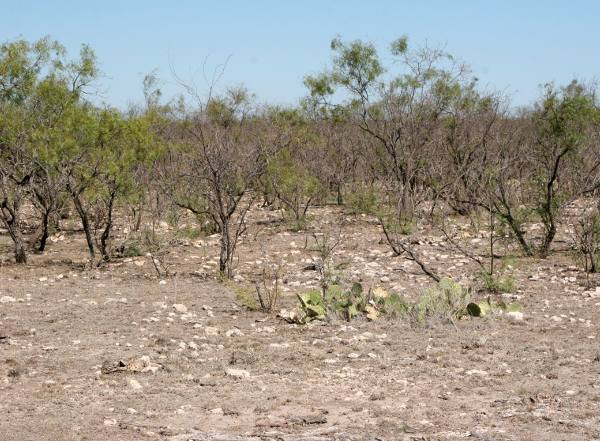November 8, 2011

Large swathes of Texas received rain, from slow drizzles to heavy downpours, but the moisture came too late this year for most rangeland, according to a Texas AgriLife Extension Service expert.
"The reason is that we have predominantly warm-season, rangeland-type grasses here in Texas," said Dr. Charles Hart, AgriLife Extension range specialist and associate department head of the department of ecosystem science and management at Texas A&M University. "Most of the grasses are warm-season grasses and their growing season is during the hot months of the year."
That's not to say there wasn't a benefit from the rains received, said Hart, who is based at the Texas AgriLife Research and Extension Center at Stephenville.
"It's probably going to help some of the trees that have been dropping their leaves," he said. "It will perhaps even save them from dying, but we won't know until this spring."
It's also good news for winter annual forbs and some of the cool-season grasses grown in Texas, such as Texas winter grass, brome grass and ryegrass, Hart said.
It was also a windfall for those producers who have planted or were planning to plant winter pastures.
"For the winter wheat and winter rye pastures, the rain is going to help tremendously," he said. "It'll help a lot of people in terms of having some feed through the winter as opposed to having (to depend upon) 100 percent hay."
Hart said that though all rangeland throughout the state was in poor shape going into the winter, it was probably the southern part of the state that fared worst.
He also noted more rain will be needed to build soil moisture reserves and give rangeland a chance to recover next spring.
"It's not all bad; it will help, but in terms of general recovery over all of our rangelands, it really came too late to do us much good," Hart said.
More information on the current Texas drought and wildfire alerts can be found on the AgriLife Extension Agricultural Drought Task Force website at http://agrilife.tamu.edu/drought/.
You May Also Like




